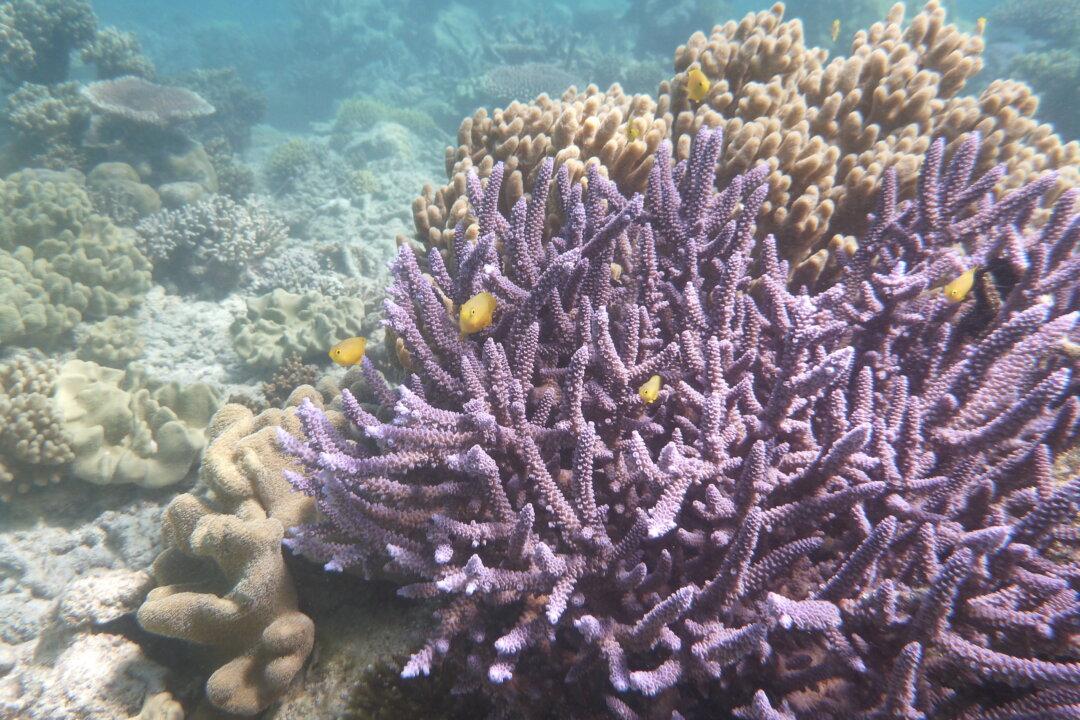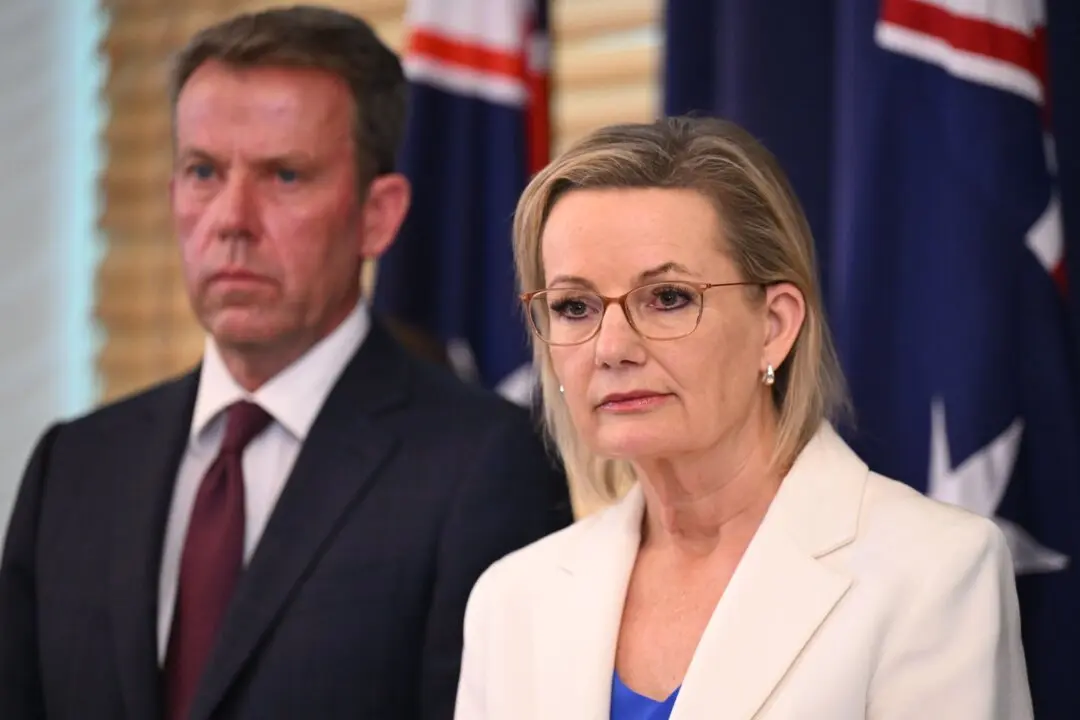The United Nation’s cultural and scientific body, UNESCO, has warned Australia must do more on land clearing and climate change if it wants to save the Great Barrier Reef.
While the World-Heritage-listed reef has been left off the in-danger list for now, UNESCO says the Reef faces its fifth mass bleaching event in eight years.





